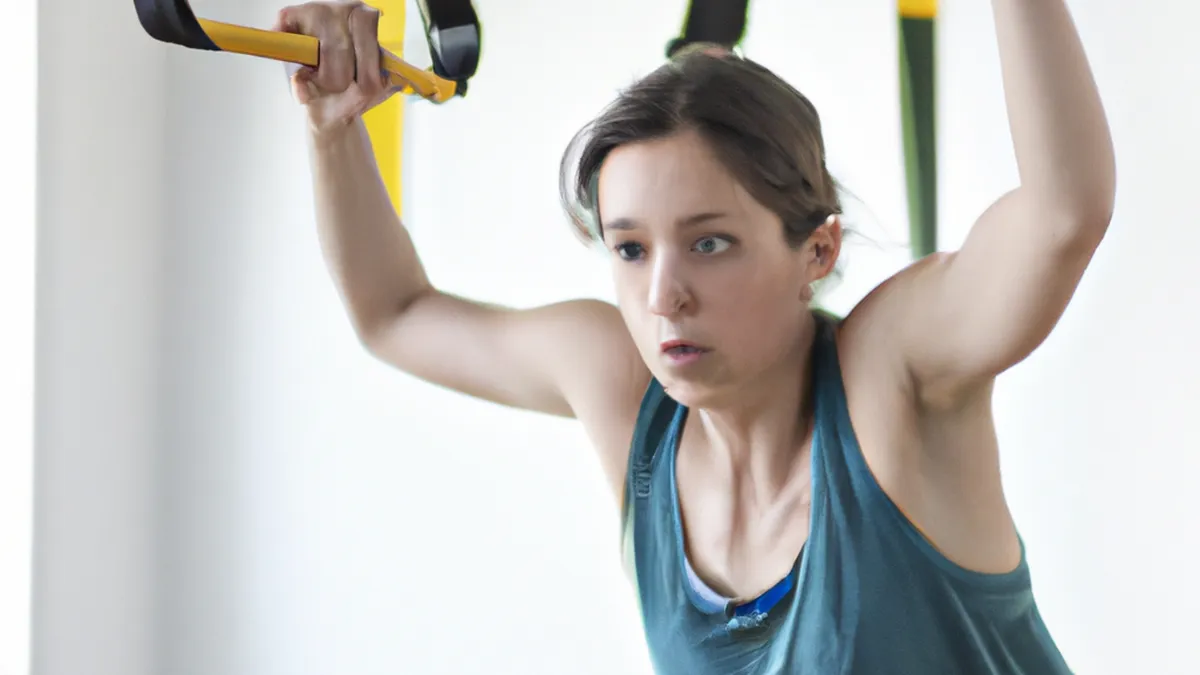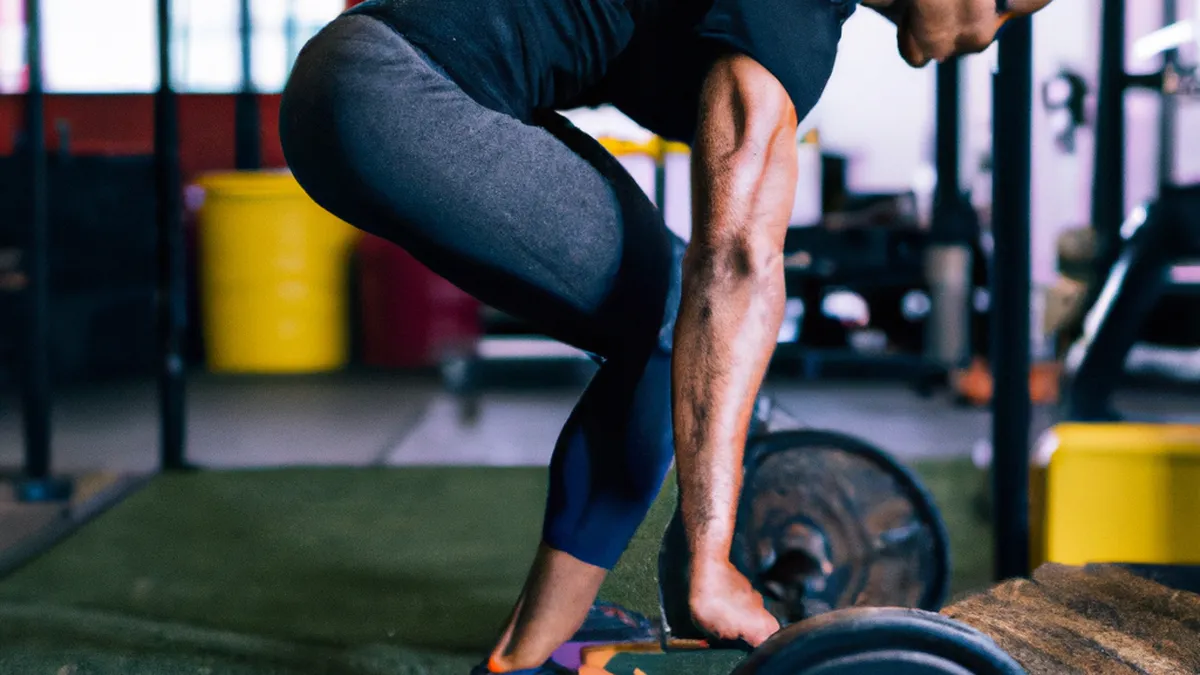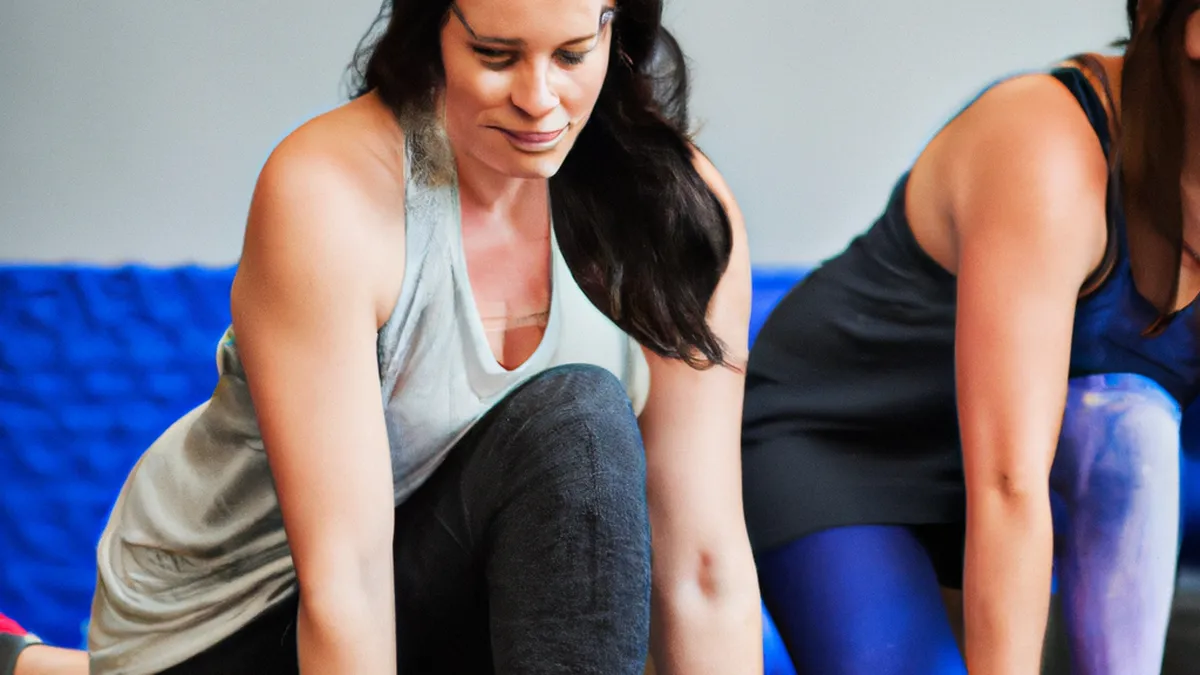Jumping into Fitness: Pool Plyometric Insights
Evaluating the Efficacy of Pool Plyometric Exercises for Different Demographics
Pool plyometric exercises provide unique benefits by combining resistance training with cardiovascular endurance. These exercises involve explosive movements that enhance strength, power, and agility. Water’s buoyancy lowers impact on joints, making exercises suitable for athletes, older adults, and those in rehabilitation. Evaluating the efficacy of these exercises across demographics is essential. This blog post guides you through assessing pool plyometric exercises for various age groups and fitness levels.
Understanding Pool Plyometric Exercises
Pool plyometric exercises involve explosive underwater movements, using water’s resistance to engage muscles. Common exercises include:
1. **Jumping Jacks**: Improve coordination, cardiovascular fitness, and engage multiple muscle groups.
2. **Box Jumps**: Perform on submerged platforms to build lower body strength and explosive power.
3. **Depth Jumps**: Enhance vertical leap and muscle reaction by jumping off a platform into the water.
4. **Lateral Bounds**: Improve lateral movement agility and strength for various athletic activities.
Selecting the right exercises based on participants’ needs and goals is crucial.
Tips for Evaluating Efficacy
To assess pool plyometric exercises effectively, follow these tips:
1. Define Your Goals
Clearly define your fitness goals. Identify if you aim for improved strength, agility, or endurance. Different demographics have unique objectives. For example, older adults may prioritize balance and functional movement while athletes focus on explosive power and agility.
2. Measure Performance Metrics
Track key performance metrics to evaluate progress. Common metrics include:
– **Vertical Jump Height**: Measures lower body power and explosiveness.
– **Agility Tests**: Use shuttle runs or T-tests to assess quickness and coordination.
– **Endurance Tests**: Measure how long individuals sustain exercise, like continuous plyometric movements.
Implement pre- and post-training evaluations to gauge improvements and determine exercise effectiveness.
3. Gather Feedback
Incorporate participant feedback into your evaluation. Ask about their experiences with the exercises. Were they challenging and enjoyable? Did they notice improvements in strength, agility, or overall fitness? Feedback reveals insights into exercise efficacy and highlights areas for improvement.
Advice for Different Demographics
Understanding how different demographics respond to pool plyometric exercises allows for tailored approaches. Adjust your strategy based on the demographic you work with.
For Athletes
Athletes can benefit from targeted exercises that enhance performance.
Conclusion
In summary, evaluating pool plyometric exercises requires clear goals, performance metrics, and participant feedback for effective results.
Below are related products based on this post:
FAQ
What are pool plyometric exercises and who can benefit from them?
Pool plyometric exercises involve explosive underwater movements that utilize water’s resistance to enhance strength, power, and agility. They are suitable for a wide range of demographics, including athletes looking to improve performance, older adults focusing on balance and functional movement, and individuals in rehabilitation due to their low-impact nature.
How can I effectively evaluate the efficacy of pool plyometric exercises?
To assess the efficacy of pool plyometric exercises, it’s important to define specific fitness goals, measure performance metrics such as vertical jump height and agility tests, and gather participant feedback. This multi-faceted approach helps to gauge improvements and determine the overall effectiveness of the exercises for different demographics.
What types of exercises are included in pool plyometrics?
Common pool plyometric exercises include Jumping Jacks for coordination and cardiovascular fitness, Box Jumps on submerged platforms for lower body strength, Depth Jumps to enhance vertical leap, and Lateral Bounds to improve agility. Each exercise targets different muscle groups and performance aspects, making them versatile for various fitness levels.















Post Comment